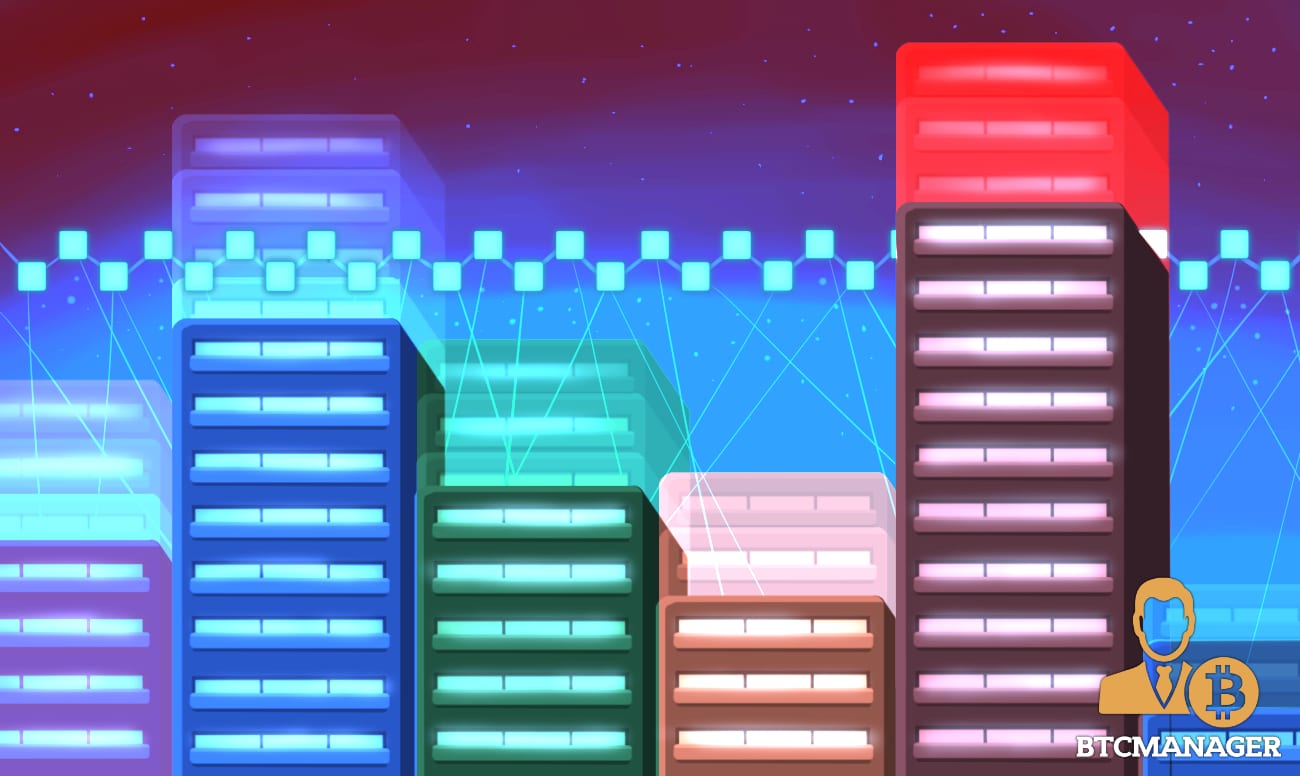The Rise of Blockchain and the Era of Smart Cities

TechCrunch reported that blockchain has the unlimited potential to create smart cities and grids. The emerging technology could be a significant component that removes outdated systems to build more sustainable cities and solutions for the future.
The Rise of Smart Cities
While these changes can benefit everyone in society, blockchain technology can be a new player that creates a more inclusive and fairer city of the future. With 43 percent of families struggling for shelter and basic utilities, perhaps the poorer and more vulnerable in the population can gain the most from blockchain technology, the Internet of Things (IoT), and eventually the creation of smart cities.
Smart City technology is therefore quickly catching on internationally. Over 66 percent of cities have implemented or are looking to roll out smart city technology to help them collect, aggregate, organize and analyze real-time data to help residents streamline their lives.
As per the report, smart cities are already showing a positive impact with a high potential to improve millions of lives.
Blockchain companies are already working in this regard. For example, CyberView, a blockchain-based government-owned company currently working on building Cyberjaya, a town in Malaysia into a smart city and global tech hub. The emerging technology could help develop smarter cities and ensure that large institutions and communities are more inclusive of everyone.
IOTA and Taiwan
Malaysia isn’t the only country Asian country focussed on developing smart cities. TechNode reported that IOTA, a distributed ledger technology has paired up with Taipei, the capital city of Taiwan to transform it into a smarter city.
While Cyberview sees blockchain technology as the answer, IOTA does not. They believe that a different type of distributed ledger technology known as a Directed Acyclic Graph (DAG) or Tangle, is a better alternative.
Unlike blockchain technology, the Tangle network does not slow down with large volumes since, when every transaction is added, two other are validated. IOTA can, therefore, handle significantly large volumes of transaction every second.
“You want to ensure the data is completely tamper-proof and that is what any distributed ledger can bring,” said David Sonstebo, the co-founder of IOTA. “But IOTA can bring it uniquely in the sense that it doesn’t get inhibited by fees and scaling limitations like regular blockchains.”
Sonsetebo believes that IOTA is significantly more future-proof than blockchain technology because of the way it stores information and processes payments. Taipei has therefore in January 2018, signed a partnership agreement with the IOTA Foundation to explore smart city solutions. They have already piloted and tested several projects which include air quality monitoring systems and digital identification programs.
“IoT devices are expected to reach 50 billion by 2020, with an estimated 50 trillion interactions per day,” said Lman Chu, the co-founder of Biilabs, a startup that is looking for an alternative solution for a smart city than the blockchain, “The existing blockchain technology that we have now can’t possibly deal with a transaction volume this large.”
Questions Remain
While IOTA has a different approach to Cyberview, Lman understands that “IOTA and blockchain, to be honest, are trying to solve the same old problems as the technologies that came before them. Can IOTA solve real-world problems? Can it help our industries cut costs and function more efficiently.”
While Lman remains unsure, these are questions that are pioneering the innovations in the development of smart cities in the future.















